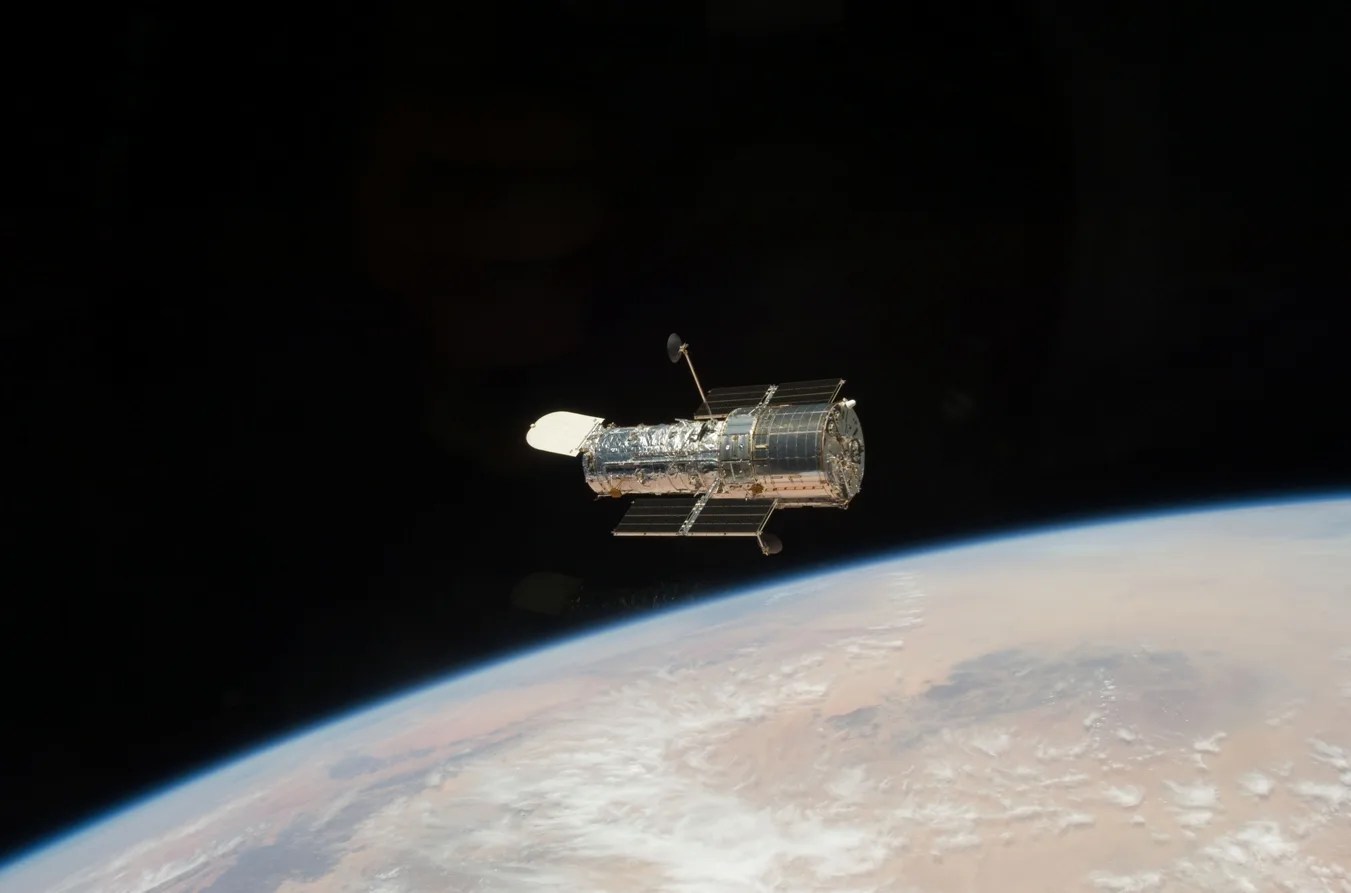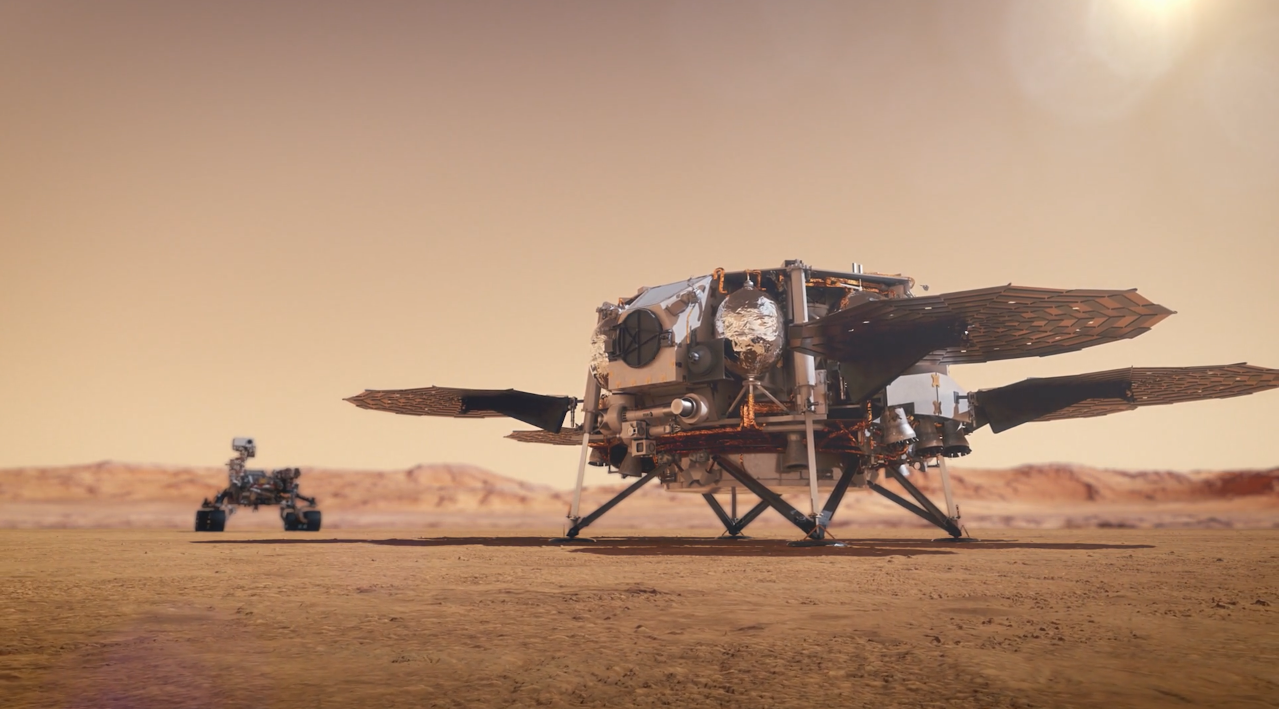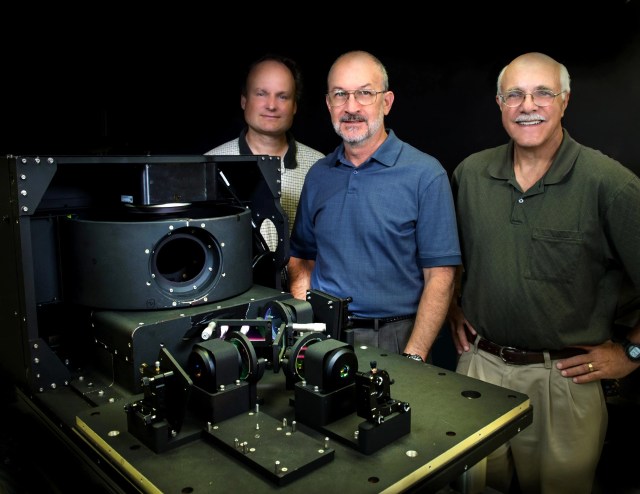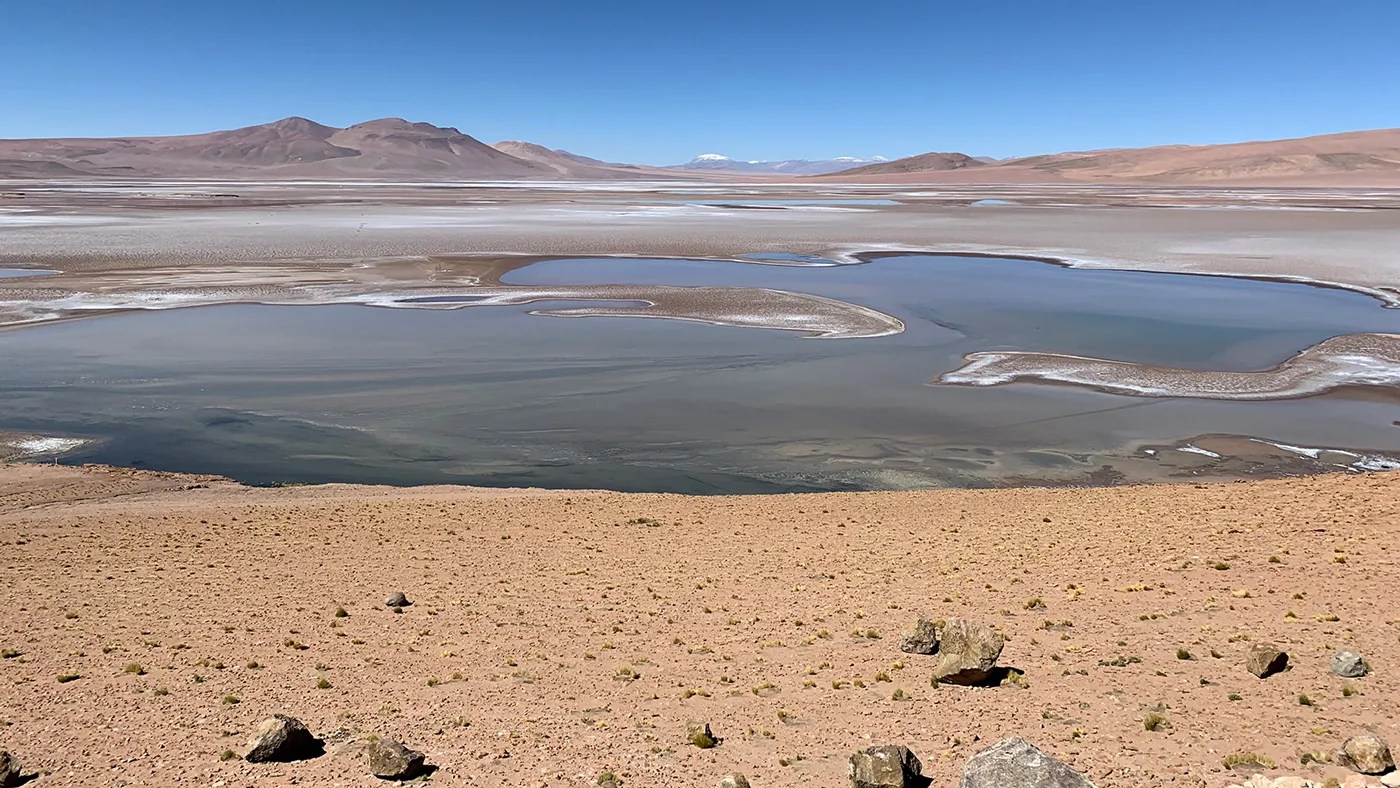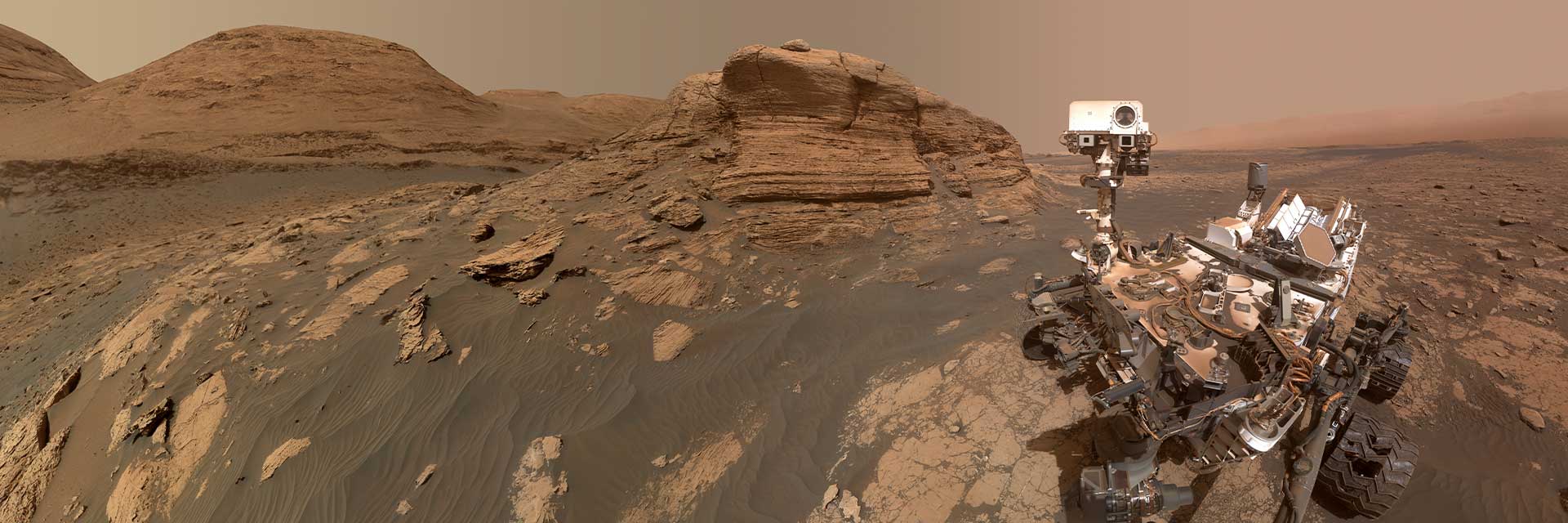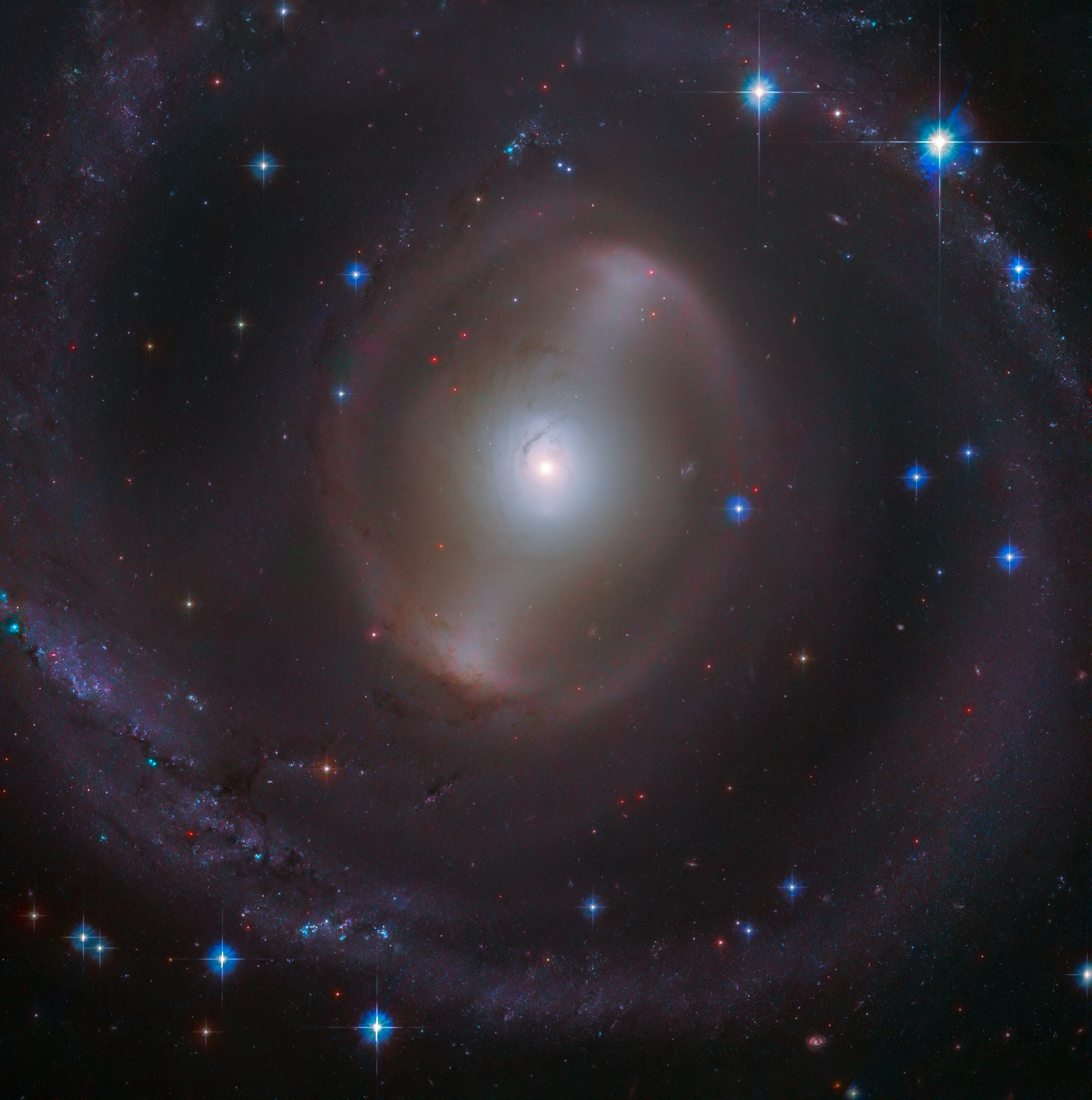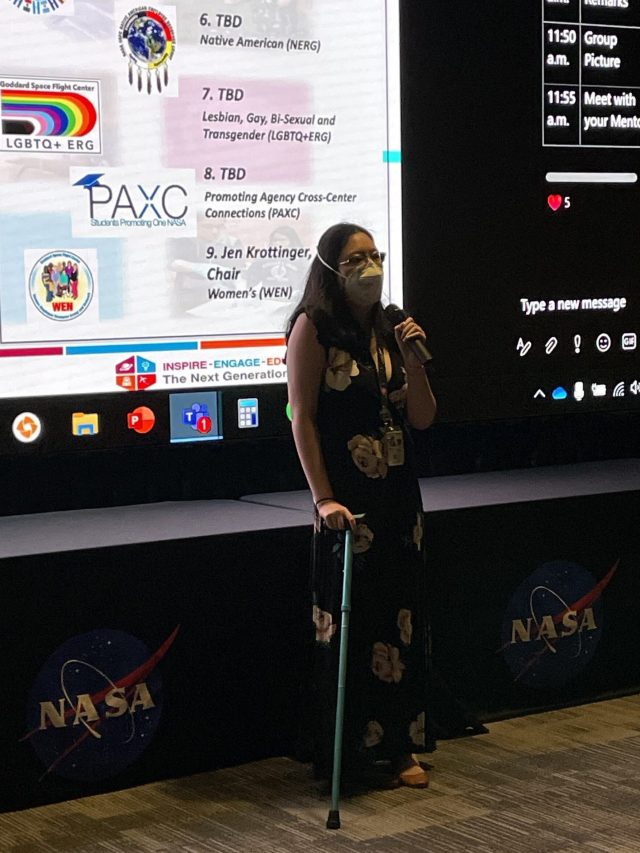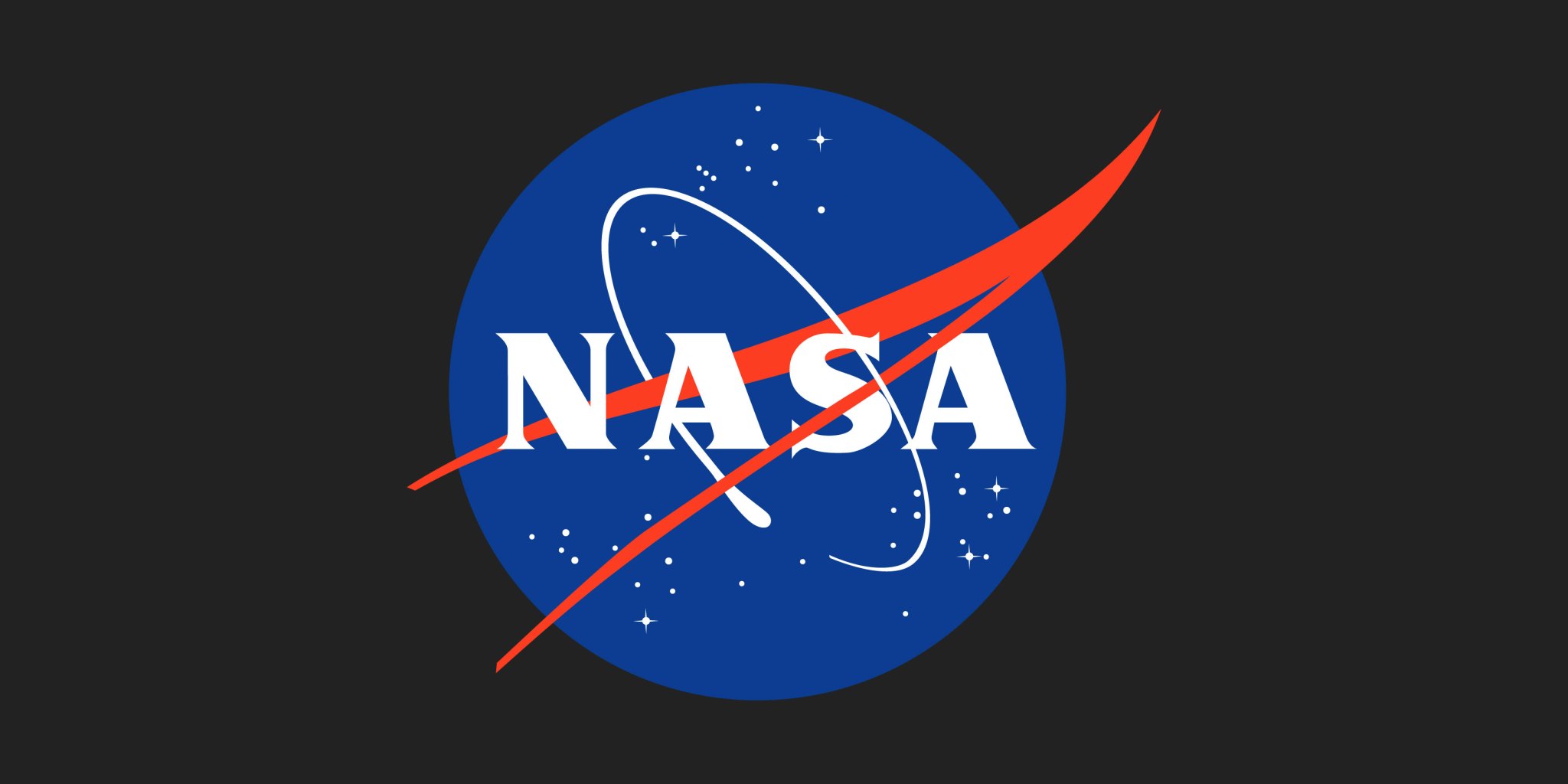NASA has selected a diverse group of projects from museums, science centers, library systems, and other informal education organizations across the country as NASA Informal Education Community Anchors.
The projects all received Teams Engaging Affiliated Museums and Informal Institutions (TEAM II) Community Anchor Awards. Designation as a community anchor recognizes an institution as a local community resource. These projects will bring space exploration to traditionally underserved areas and broaden student participation in the fields of science, technology, engineering, and math (STEM).
“NASA has bold, long-term goals, so it’s critically important that we reach students where they are, and create opportunities for them to experience those feelings of discovery and confidence that STEM engagement is really all about,” said Mike Kincaid, NASA’s associate administrator for STEM engagement. “The Community Anchor Awards will help us reach a diverse audience while sharing and supporting NASA’s missions and future plans.”
These insitutions address community needs related to STEM engagement by using and sharing NASA STEM engagement learning resources and opportunities. The designation includes funding to support the organizations’ proposals to strengthen their local STEM impact.
The selected institutions and their project proposals are:
- Alaska Challenger Center for Space Science Technology Incorporated, Kenai, Alaska
Food Security and Sustainability At Home and In Space: It’s More Similar Than You Might Think – A Community Food Security and Sustainability Program for the Kenai Peninsula
- Mystic Seaport Museum Inc., Mystic, Connecticut
Providing STEM Programming to Middle School Students in Underserved Communities in Eastern and Southern Connecticut - Paducah Junior College Inc., Paducah, Kentucky
Challenger STEM Squad - Red River Stem Inc (Sci-Port Discovery Center), Shreveport, Louisiana
Cross-Curricular Skill Development Through NASA Aeronautics Programming - Challenger Learning Center of Maine, Bangor, Maine
From Maine to Mars: A Virtual Trip to Space - Hope College, Holland, Michigan
Linking Student Driven Data to NASA Data: Authentic Air Quality Data Inquiry for Improved Student Self-Efficacy - Minnesota State University Moorhead
An Expanding Universe: Bringing NASA’s ViewSpace to the Fargo-Moorhead Area - University of Montana, Missoula
NASA Remote Sensing Experiences with Montana’s Rural and Tribal Communities - Fayetteville State University, Fayetteville, North Carolina
Rockets and Robots - Gateway To Science Center Inc., Bismarck, North Dakota
Engaging Rural and Tribal Families in North Dakota with NASA Space Tech - Rowan University, Glassboro, New Jersey
Behind the Telescope: Building Girls’ Confidence in STEM Through Hands-on Astronomy Outreach - Liberty Science Center Inc., Jersey City, New Jersey
NASA Nights at Liberty Science Center - Nova77 Stem Workshop, Henderson, Nevada
Engaging Youth in NASA Space Science Imaging - Children’s Maritime Museum at Port Jefferson (Long Island Explorium), Port Jefferson, New York
Seeking the Wisdom of the Stars to Help Understand Planet Earth - Kopernik Society of Broome County Inc. (Kopernik Observatory), Vestal, New York
Ready, Set, Go And Explore - Girl Scouts of North East Ohio, Macedonia, Ohio
Roaming the Red Planet: Connecting Girl Scouts to NASA - Saint Francis University, Loretto, Pennsylvania
Space Sciences and Engineering Mobile Interactive Exhibit for Rural Areas: Earth to Moon - Fab Lab El Paso, El Paso, Texas
PASOFinders Program - City of Houston Public Libraries, Houston
Houston Public Libraries Astro-Dome: Linking Youth to the Universe - South Texas Astronomical Society, Olmito, Texas
Generation Artemis - Alamo Community College District, San Antonio, Texas
La Fiesta del Sol
The agency is awarding total of approximately $520,000 for one- to two-year projects that will serve:
- Diverse populations, including students from groups traditionally underrepresented in STEM
- Urban and rural areas with low economic opportunity
- Tribal communities
- New Americans and refugees.
The selected projects’ reach will span 16 states, serving communities from the Rio Grande Valley of Texas to rural Alaska, and many other underserved areas in between.
Leaders of the selected projects will form the inaugural group of a NASA Informal Education Learning Cohort, organized by the NASA Museum and Informal Education Alliance. The program will enable them to develop their skills in implementing NASA-themed activities, and further develop ideas, facilitate teams, and engage stakeholder perspectives for support.
The agency’s Office of STEM Engagement created the awards to establish and nurture connections between local communities and the agency’s most exciting missions and milestones. NASA is dedicated to inspiring the next generation to explore STEM fields, opportunities, and careers. While providing schools, teachers, and parents with resources to inspire the students in their lives, the office places a priority on serving students through out-of-school enrichment activities.
-end-
Katherine Brown
Headquarters, Washington
202-358-1288
katherine.m.brown@nasa.gov


